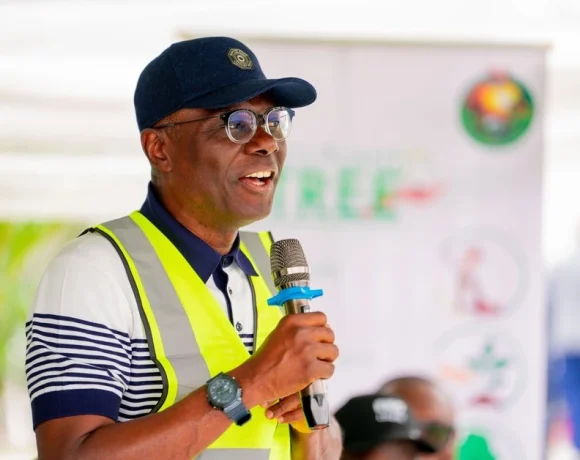EFCC Calls for Anti-Corruption Courses in Nigerian Universities

EFCC Officials
The Economic and Financial Crimes Commission (EFCC) has urged universities across Nigeria to introduce anti-corruption courses as a mandatory subject for all first-year students. The proposal aims to educate students on the damaging effects of corruption and their role in combating it.
Speaking in Kano, the EFCC’s Zonal Director, Ibrahim Shazali, emphasized the importance of instilling values like integrity, accountability, and patriotism in undergraduates. He noted that addressing corruption early in a student’s academic journey would help shape the moral compass of future leaders.
“Given the alarming rate of corrupt practices hindering Nigeria’s socio-economic growth, the educational sector holds a vital role in combating corruption. Anti-corruption studies can provide students with the knowledge and values needed to tackle this pervasive issue,” Shazali said.
Integrity Clubs in Schools
Shazali also highlighted EFCC’s efforts to engage students through Integrity Clubs and Zero Tolerance for Corruption Clubs in primary, secondary, and tertiary institutions. He assured Prof. Mukhtar Kurawa, Vice-Chancellor of Yusuf Maitama Sule University, that such clubs would soon be established at the university.
The EFCC Zonal Director further advised vigilance in university operations, particularly in bursary and procurement departments, which he identified as vulnerable to corrupt practices.
University Efforts Against Cybercrime
In response, Prof. Kurawa revealed that Yusuf Maitama Sule University recently launched a Department of Cybersecurity to address the growing challenges of online fraud, data breaches, and cyber threats. He stressed the importance of equipping students with the practical tools and skills needed to combat these issues.
“The rise of cyber threats poses significant risks to individuals, businesses, and government institutions,” Kurawa said. He appealed to the EFCC to assist in establishing a forensic laboratory to support the university’s cybersecurity program.
Anti-corruption studies can provide students with the knowledge and values needed to tackle this pervasive issue.” — Ibrahim Shazali, EFCC Kano Zonal Director.
The EFCC’s call for anti-corruption courses underscores the need for collective action to fight corruption in Nigeria. With collaboration between institutions and the anti-graft agency, a new generation of ethical leaders can emerge to strengthen the nation’s socio-economic stability.










